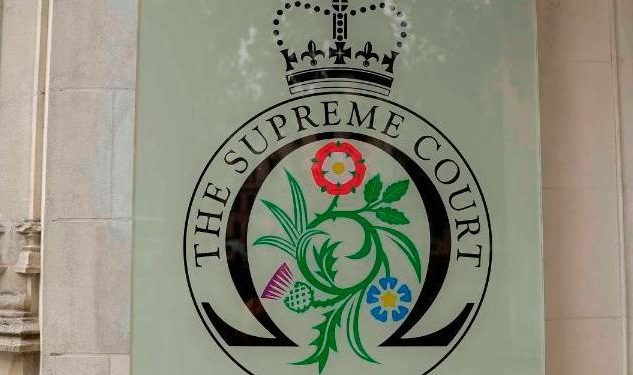Where does the buck stop is a big question. Institutions are believed to be free in a democratic system, but it is rarely that one arm of the establishment clashes with the other. An elected government is not supreme as a court can upturn its order. A similar situation has arisen in the United Kingdom, with the British Supreme Court nullifying a decision by Prime Minister Boris Johnson to suspend Parliament for five weeks in the midst of a Brexit discussion. This event in the mother country of democracy, Britain, has raised many questions. Primary amongst that is whether the citizens’ democratic powers are limited to only voting every 4 or 5 years to choose their representatives and secondly whether their representatives are to be considered the custodians of democratic values or they are mere representatives and nothing more.
Things were turning complex over the PM’s controversial suspension move. The Session Court in Scotland first ruled it as “illegal” while the high court later took the stand that this was not a matter for the court to step in and decide on. The Supreme Court now gave its final word – that the PM took the wrong decision. The verdict of the Supreme Court noted that the decision was unlawful because it ‘had the effect of frustrating or preventing the ability of Parliament of carrying out its function’.
Britons are troubled for years over the issue of Brexit, with governments facing embarrassment over the issue as to whether or not the nation should remain with the European Union – the formation of which in 1993 was a feat by itself, resulting in massive changes to the continent including the introduction of a new currency, Euro. However, Britain continued maintaining its Pound Sterling in spite of the common currency coming to use in Continental Europe. Feelings strengthened later that not much help had come to Britons and they faced problems of influx of people from other, less prosperous parts of the continent. This feeling was fuelled by rich Britons who also brought in companies like Cambridge Analytica to help in the Brexit referendum. Borin Johnson came with the plea to Queen to suspend parliament for five weeks until October 14, which also was the run-up to the October 31 Brexit deadline. The PM is obviously embarrassed and more so as he was currently away in New York attending the UN General Assembly. There are instant calls for his resignation; and how the situation would pan out now seems unpredictable.
Judiciary and the executive both have very different and well delineated roles. The judiciary in India is supposedly independent by its very composition, though political influence over it is no more a matter of speculation. At the same time, there have not been many occasions when the apex court takes decisions which rebel against major policy decisions of the elected governments at the Centre.
The voice of reason and of the underprivileged is not something that the Indian Courts are known to respect. A sense of not understanding or bias is often noticed – and this is not for the good of the people. The elected governments should not run roughshod over the affairs of state and that impediment is kept fortified only if realization dawns that courts would put their foot down if decisions are taken in ways that are not legally tenable. Sadly, Indian judiciary has failed over and over in times that required it to stand tall. That may be so because nothing happens in this country as a ‘system’ or on principles. Most actions or reactions are based on the mindset of the individual manning a certain post at a particular time.
In a democracy, the interests of the people are the ultimate; not of the political leaders and neither of the judiciary. One pillar of democracy should not work at tandem or as subservient to another pillar. The institutions must work in unison but also as watchdogs against each other to hold the balance that is so very desperately required in today’s world. The British Supreme Court has shown that the supreme duty of every wing of democracy is to protect people’s interests.







































